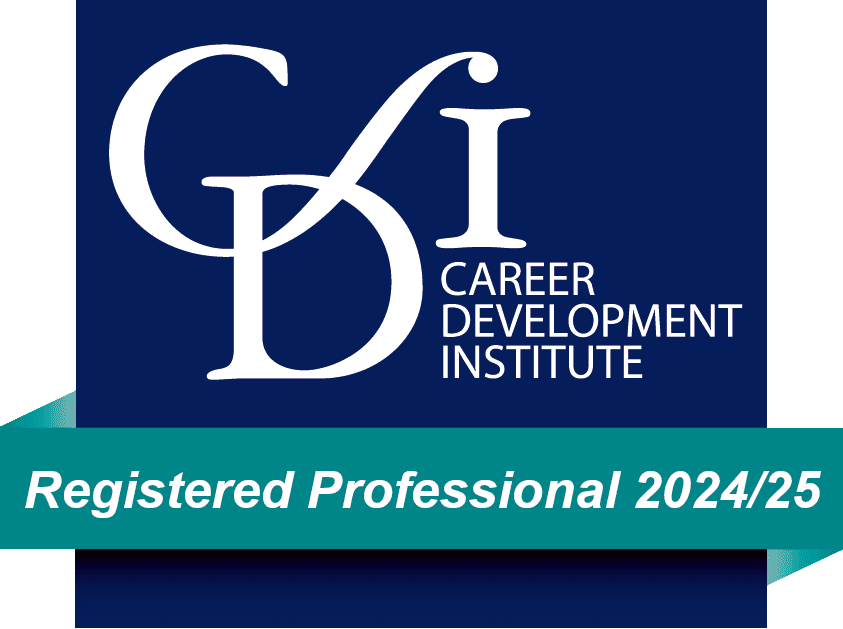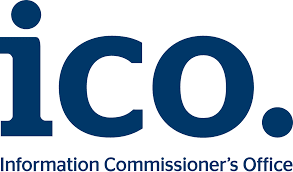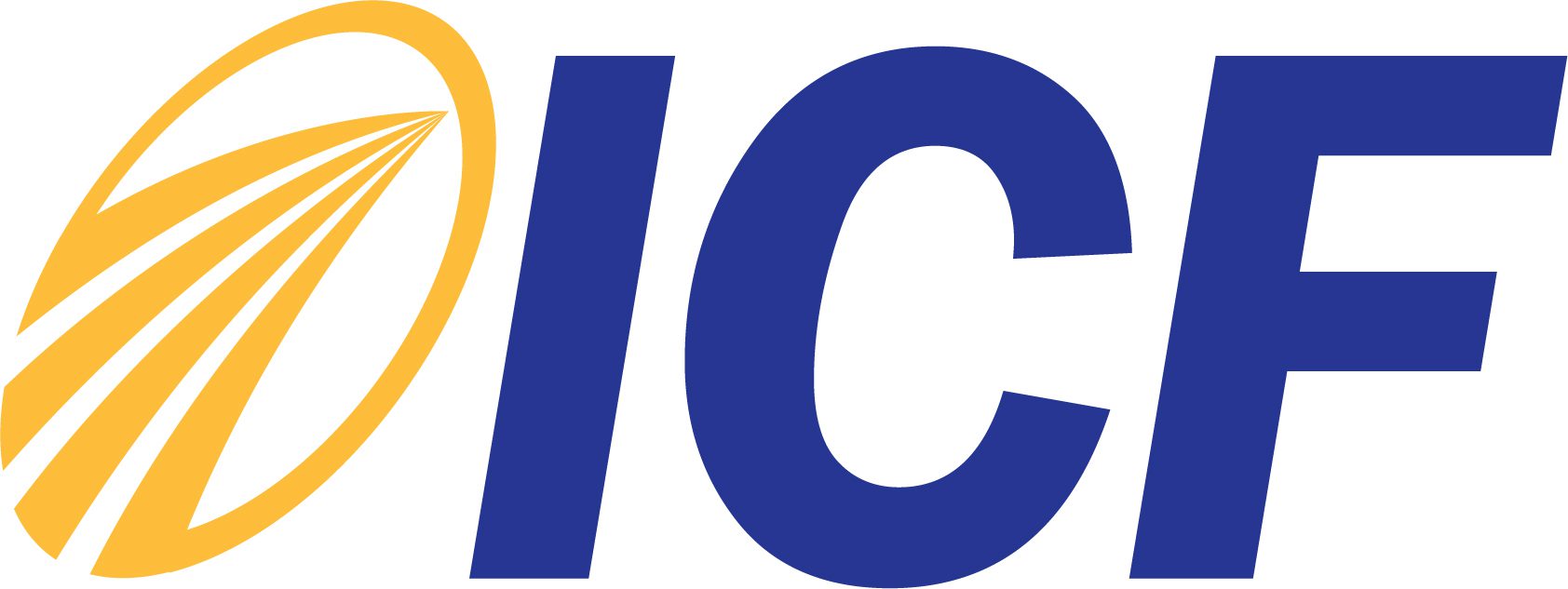We say with conviction that you will get asked specific questions during your senior-level job interview process, whether in your first interview or the last – typically, at this level, you will have no less than three interviews.
We always suggest that candidates practice for the interview in front of a family member or friend, but our best advice is that you video record yourself (on your smartphone is adequate) and watch yourself back with a critical (yet kind!) eye.
And remember, the interview is as much an opportunity for you to establish if the role is really for you, whether the company truly matches what you want from an organisation and for your career, as it is for the company itself.
Let’s whip through the questions typically – almost always! – covered in an executive-level interview.
1) You!
You will get asked in one form or another why the prospective employer should hire you, why you are a match for the role. Prepare a concise yet punchy reply in this regard. Think of where your skills and personality match the job requirements. Consider what will set you aside from other candidates?
And, for your own sake, ask yourself this question genuinely and swap things around: “is this role for you, and is this company for you?” Of course, this kind of self-reflection should be ahead of the interview, not for musings and unpackings in the meeting itself. So keep your response short yet insightful.
2) Others
At a senior level, one can almost always expect to be looking after a team, often middle management and then a department or area as a whole. Interviewers are looking for a candidate who matches the company’s values and is a good culture fit.
Consider how you can showcase your management style in the interview and describe where values and culture match. This poses an important question you can ask yourself while you prepare for the interview. Do the company values appear to match your core values? And, how do you feel about how you’ve just answered that question?
3) 100 days
You will likely be asked what you’d like to achieve in the new position in your first 100 days onboard or your first 30, 60, or 90 days. So, ahead of the interview, prepare yourself for the question by considering what milestones you and your prospective new team could realistically achieve and set action points to this. Then, bring this into the interview, prepared for the question.
4) 5 years, ten years
The classic: “where do you see yourself in 5 years or ten years?” is highly likely to come up or a variation of the question. Most companies have a succession plan and making your ambitions known even at this stage may be more important than you think.
When preparing for this question, be true to yourself. Avoid saying what you think the interviewers would want to hear. Honestly, what are your career ambitions? And practice how you can share this professionally.
5) Conflict
Conflict resolution at a senior level is a response that can make or break a team, department, or company. Of course, it depends on the size of the difficult issue that has arisen and how many people are involved.
Therefore, ahead of appointing you in a role of seniority, your prospective company will want to know more. And, there is no doubt that a question on how you resolve conflict will come up.
In your preparation for the interview, think about it; what is your communication style, and in that, what is your conflict resolution approach. Would you be able to name an example of where you’ve had to deal with a challenging situation in the past? Be prepared to answer that question.
If you feel you’ve been in the market for too long or require support in getting the next best role for yourself, book a free advice chat with me, Steve Nicholls, MD of Executive Connections.











